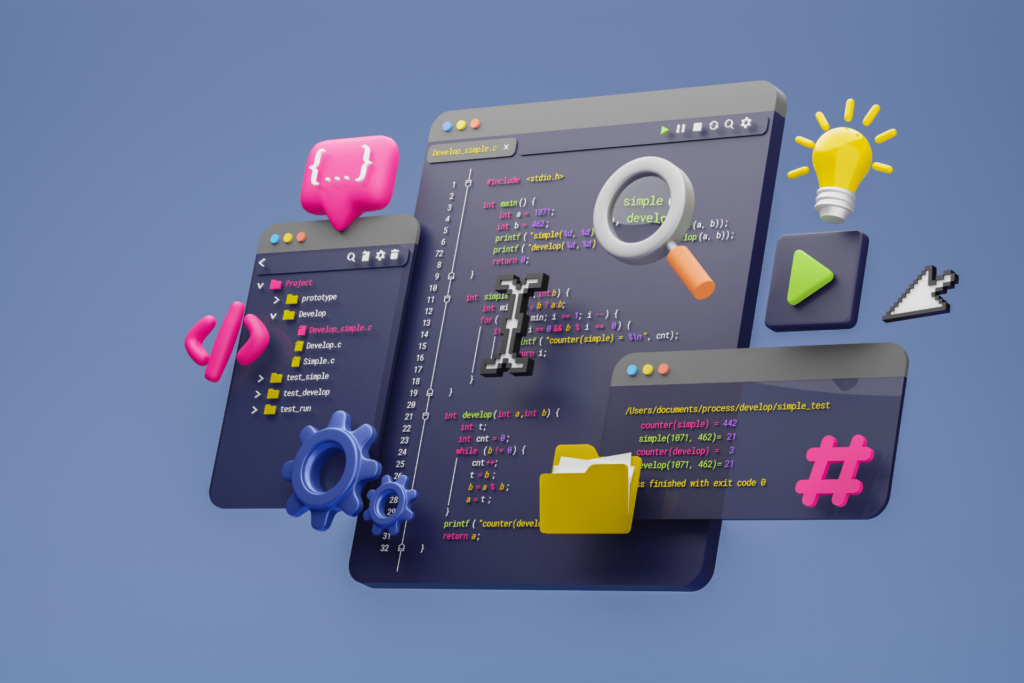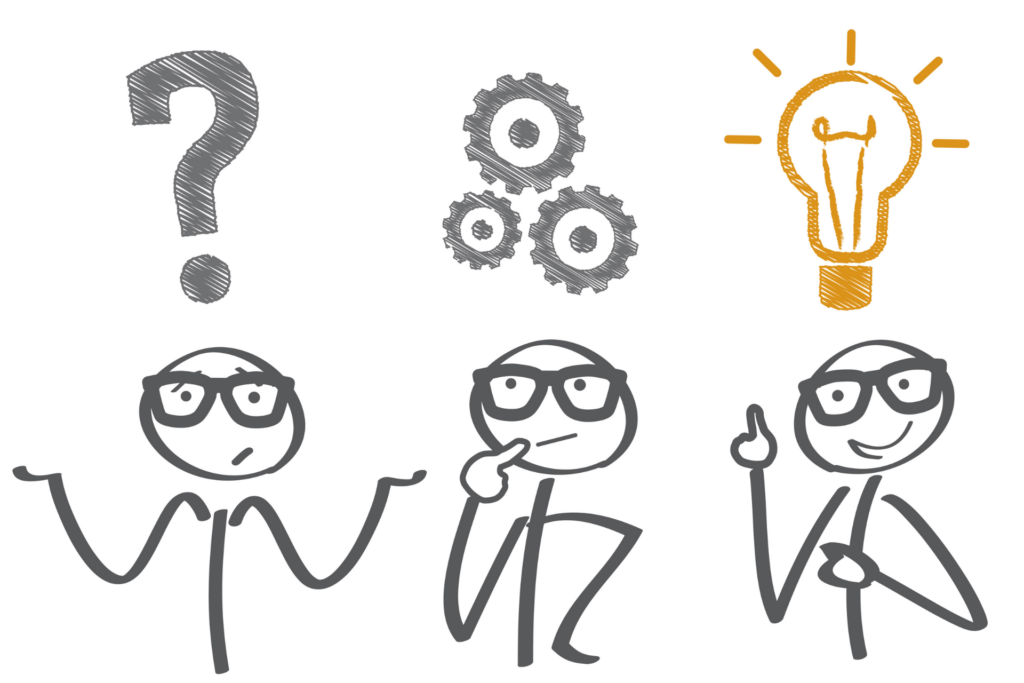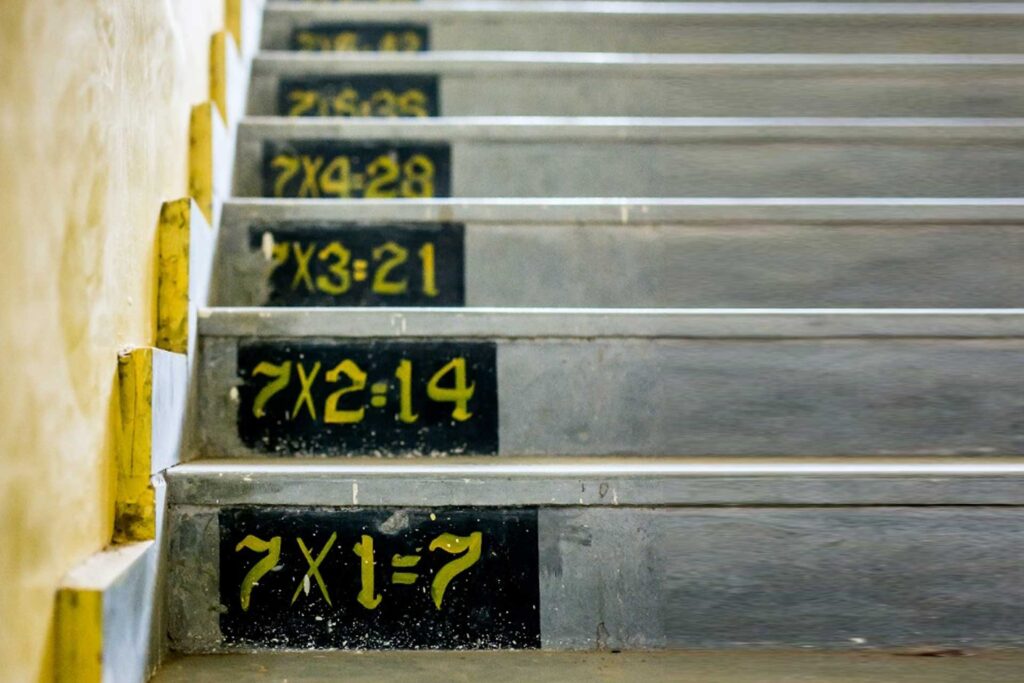Coding Improves Children’s Maths And Logic Skills
Most people happen to think that kids who get into coding have a very solid background in maths. Hmmn…is this true? Not entirely. Those kids who love coding and creating new, exciting applications and software get their maths skills strengthened through the coding experience.
Coding, besides the immense value it contributes to providing children with a large set of 21st-century skills, enables our children to turn math into a subject they consider tremendously useful, more engaging, and even fun. This in turn means that whatever they learn in math class can then help unblock some difficulties encountered when creating and building code projects.
This also goes to show how beneficial learning to code even while school is in session is for children. You’d be doing your child a disservice by asking them to wait to learn to code during the holidays. Below are some ways coding improves children’s maths and logic skills.
Provides real-life examples
One of the biggest barriers to maths classes is bringing real-life examples to the class, to motivate students’ interest in solving maths problems. Seeing abstract concepts to solve a problem becomes a challenge for students, so when these maths exercises are connected to the process of building an app, it makes for easier learning. This especially is the case for visual learners.
Visual Representation

Another way coding improves children’s maths and logic skills is that it makes maths very visual. It is easier for children to understand concepts in visual form like graphs, charts, and more. This visual stimulation makes it easier for children to grab mathematical concepts. Activation of certain brain regions takes place. These are the regions that help improve the absorption and retention of these concepts.
Brain centers activation
When children learn to code, they use several skills together. They use math problem-solving skills, test solutions, analyze data, and much more. When writing code they are constantly using their brainpower to think through problems and possible solutions. These activities result in the stimulation of particular brain regions. These regions process language, working memory, and perception.
Problem-solving enhancement

Another way coding improves maths skills is that it encourages young learners to develop a critical outlook toward situations. In today’s society, maths is generally taught as a subject with a bunch of formulas and several steps to be followed in order to get the desired result. The danger of this is that a complete understanding of fundamental concepts is lacking.
Not every application problem has a straightforward solution — some require deeper analysis, and formulas might not suffice. This then creates a problem for students who rely solely on formulas. This is why it is important to solve math questions with a more 360 perspective, in order to achieve a more accurate answer.
In addition, students must face the fact that a calculator will not always be available, meaning it is essential to enhance problem-solving skills — which can be done through coding classes.
Key Takeaways
- The application of mathematical concepts increases understanding, while also improving problem-solving skills.
- Visualizing the concepts of math through coding can significantly improve mathematical performance.
- Children should learn to code even while school is in session as it helps boost better grades.
With uLesson Coding School, children can join one-on-one classes for an individual experience or join group classes to learn with peers. Sign your child up, now.



2 Comments
U lession is the best way to achieve the success you want
Thank you for acknowledging this, Champ! We love you.